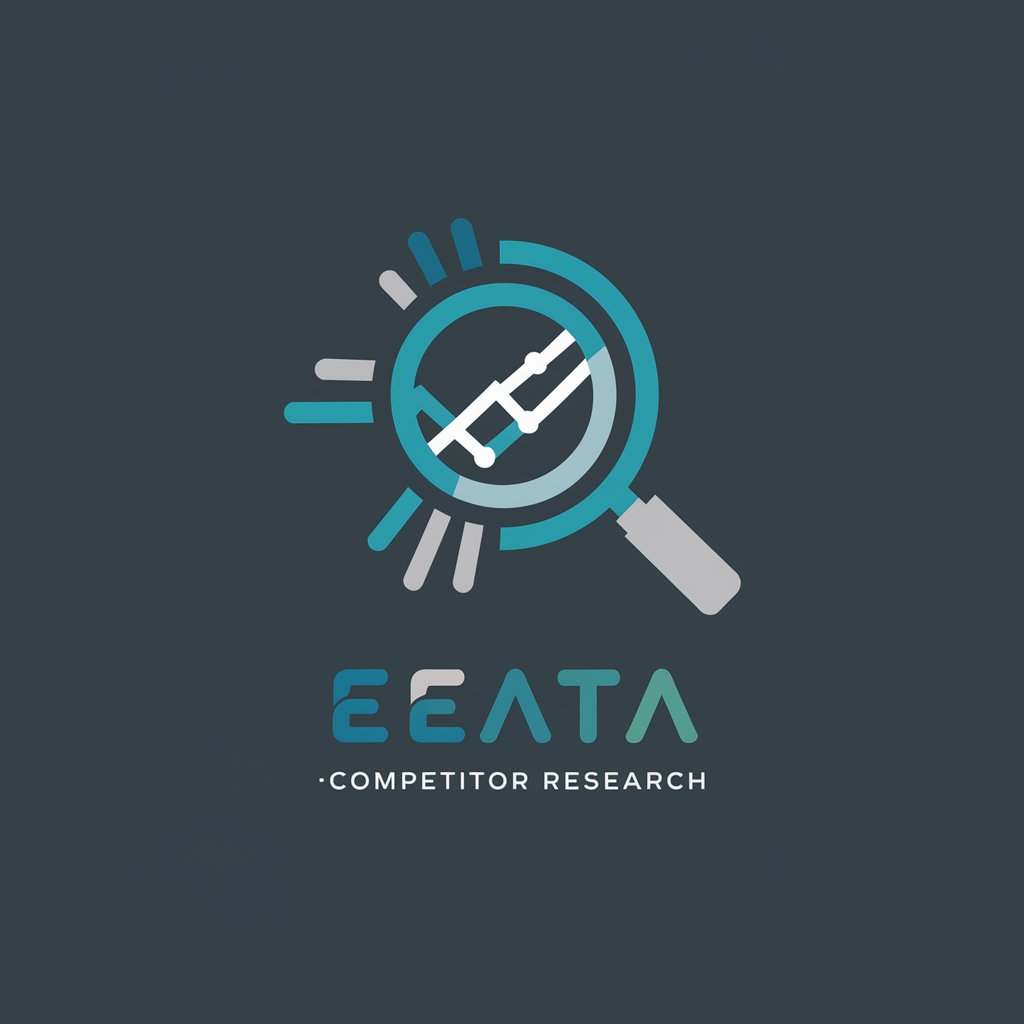Ghana Revenue Tax Laws - Ghana Tax Law Guide

Welcome! How can I assist you with Ghana's tax laws today?
Decoding Tax Laws with AI
Explain the tax exemptions for private businesses in Ghana.
What are the procedures for obtaining tax exemptions for donor and charity organizations?
How does the Exemptions Act 2022 regulate the granting of tax incentives for strategic investments?
Describe the responsibilities of the Minister under the Exemptions Act 2022.
Get Embed Code
Overview of Ghana Revenue Tax Laws
Ghana Revenue Tax Laws are designed as a comprehensive framework to govern taxation in Ghana, covering the collection of taxes, duties, and levies imposed by the state. These laws are intended to streamline the process of tax collection, ensure compliance with tax obligations, and facilitate the efficient administration of taxes. They encompass various taxes including income tax, value-added tax (VAT), corporate tax, and customs duties, among others. For example, the Income Tax Act, 2015 (Act 896) provides detailed regulations on the taxation of individuals and entities' income, while the Value Added Tax Act, 2013 (Act 870) outlines the administration of VAT on goods and services. Powered by ChatGPT-4o。

Core Functions of Ghana Revenue Tax Laws
Tax Collection and Administration
Example
Collection of income tax from individuals and corporate entities.
Scenario
An individual filing annual tax returns on income earned or a business entity paying corporate taxes on its profits.
Tax Compliance and Enforcement
Example
Implementing audits and penalties for non-compliance.
Scenario
The Ghana Revenue Authority (GRA) conducting audits on businesses to ensure accurate tax reporting and levying fines on entities found to be evading taxes.
Tax Incentives and Exemptions
Example
Providing tax holidays to promote investments in specific sectors.
Scenario
Offering tax holidays to new companies in the technology sector to encourage innovation and investment within Ghana.
Customs and Excise Duties
Example
Regulating the import and export of goods through customs duties.
Scenario
Charging customs duties on imported electronics to regulate the market and protect local industries.
Value Added Tax (VAT) Administration
Example
Levying VAT on goods and services.
Scenario
Applying a 12.5% VAT on all eligible goods and services sold within the country, including both local and imported products.
Target User Groups for Ghana Revenue Tax Laws Services
Individual Taxpayers
Individuals earning income within Ghana, including employees and self-employed persons, benefit from understanding their tax obligations, available deductions, and filing processes.
Corporate Entities
Businesses operating in Ghana, from SMEs to large corporations, utilize these laws to comply with corporate tax obligations, claim eligible tax incentives, and manage VAT on their transactions.
Foreign Investors and Companies
International businesses and investors engaging in economic activities in Ghana benefit from understanding the tax landscape, including incentives for foreign investments and regulations on repatriating profits.
Tax Professionals and Consultants
Professionals specializing in tax advisory services rely on these laws to provide accurate guidance to their clients, ensuring compliance and optimizing tax liabilities.
Importers and Exporters
Entities involved in the importation and exportation of goods benefit from understanding customs duties, exemptions, and VAT implications on international trade.

Guidelines for Using Ghana Revenue Tax Laws
1
Begin by accessing a comprehensive platform for a hands-on experience without the necessity for sign-up; visit yeschat.ai to explore Ghana Revenue Tax Laws freely.
2
Familiarize yourself with the Ghana Revenue Authority's (GRA) official website and documentation to understand the framework and context of the tax laws.
3
Identify your specific tax-related query or requirement, such as filing annual returns, seeking exemptions, or understanding specific tax codes.
4
Utilize the guidelines and calculators available online to assess tax liabilities, benefits, and compliance requirements according to Ghana's tax regulations.
5
For complex queries, consider consulting with a tax professional who is well-versed in Ghanaian tax law, while using the tool to supplement your understanding.
Try other advanced and practical GPTs
Ad Creator - GG Ads Display campaigns
Craft Your Campaign, Power Your Ads

Code Stylist
Empowering your code and design with AI.

Annunaki
Unlocking Ancient Mesopotamian Mysteries

Legal Research by midpage
Empowering legal research with AI

Spirit Guide
Discover Your Spirit Animal with AI

Chinelo Ekezie
Empowering creativity and insight with AI.

eeata ⭐
AI-powered market and competitor research

TV Comparison | Comprehensive TV Database
Empowering your TV choice with AI

Mi'kmaq Mentor
Empowering Mi'kmaq Language and Cultural Discovery with AI

Meu Gerador de Petição Inicial
Streamlining Legal Petitions with AI Precision

Influencer Ally
Empowering influencers with AI-driven insights.

Scriptwriter
Crafting Stories with AI

Frequently Asked Questions about Ghana Revenue Tax Laws
How can I file my tax returns using Ghana Revenue Tax Laws?
You can file your tax returns by accessing the GRA's online portal, following the step-by-step instructions for submission, and using the tax laws as a reference for any clarifications needed.
What are the penalties for late tax submissions according to Ghana Revenue Tax Laws?
Penalties vary depending on the specific tax type and the length of the delay, including fines and interest on the overdue amount, as stipulated under the relevant tax legislation.
Can I claim tax exemptions under Ghana Revenue Tax Laws?
Yes, certain entities and income types qualify for exemptions. You'll need to refer to the specific provisions within the tax laws to determine eligibility and application procedures.
How are non-resident individuals taxed under Ghana Revenue Tax Laws?
Non-resident individuals are taxed on income derived from Ghana at rates specified in the tax laws, focusing on the source principle for income generation.
What resources are available for understanding Ghana Revenue Tax Laws?
Resources include the GRA's official website, legal tax documentation, online calculators, and professional advisory services for comprehensive understanding and compliance.
